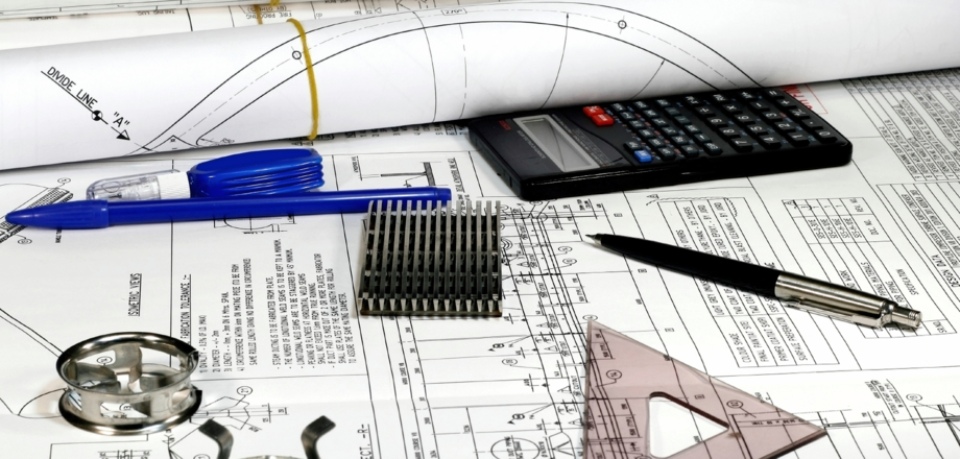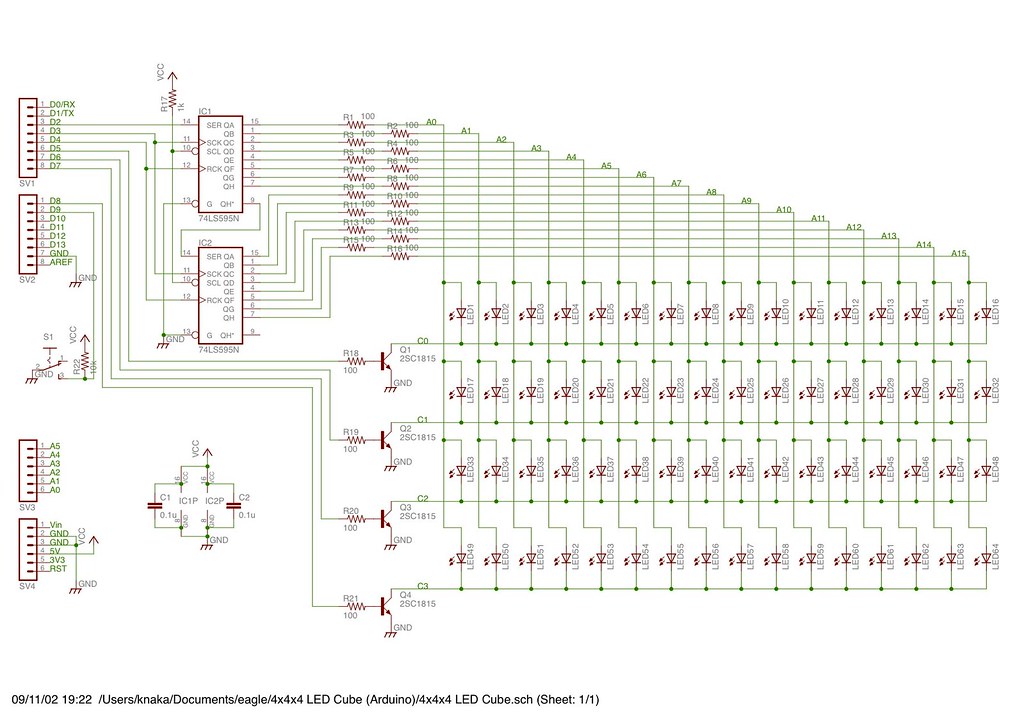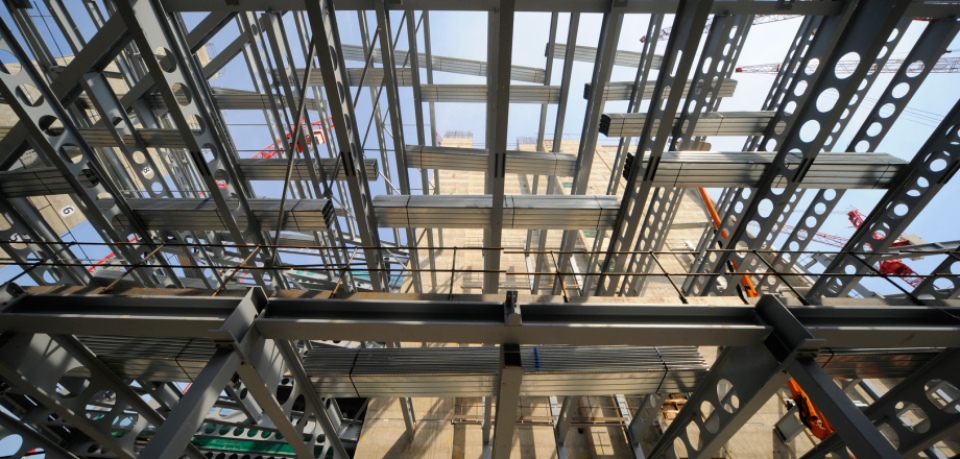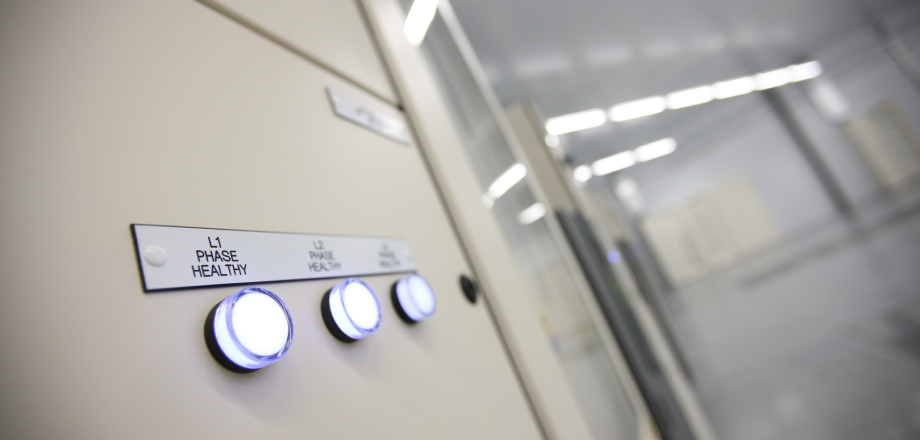Commissioning Management
Commissioning Management is the planning, organisation, co-ordination and control of the building services commissioning process.

Stage 1 – Preparation
“By failing to prepare, you are preparing to fail”
– Benjamin Franklin
Here is where a review of lessons learned from the commissioning process on similar projects is most beneficial. In our experience, the complexities of a modern build require a well constructed plan to turn aspirational outcomes into reality.
The appointment of a Commissioning Manager at this early stage will assist in producing the initial commissionimng plan in response to the client’s design brief. This is the stage when long reaching decisions and objectives are set.
Project Objectives including;-
Quality Objectives
Project Outcomes
Sustainability Aspirations
Project Budget
Initial Project Brief
In the RIBA Plan of Work this is part of the Appraisal and Design Brief Stage 1
Stage 2 – Design
BSRIA recommend that designers and project managers address commissioning and the effective management of the process as soon as possible in the design stage.This is where experience and technical ‘hands-on’ knowledge bring real value to the project. It’s when a commissioning focused design review is undertaken to ensure that the desired performance outcomes can be produced for the client.
Our Commissioning Manager gathers a detailed understanding of how the building services are expected to react and interact with each other. These observations are fed back to the Design Team in the form of a Commissionability Study. At this stage we also confirm that commissioning project activities have been clearly and logically integrated into the overall programme of work.
Project Team Core Objectives at this stage include;-
Concept Design for building services systems and outline specifications
Developed Design for building services systems and outline specifications
Preliminary cost information
Project Strategies
Production of final project brief.
In the RIBA Plan of Work this is part of the Concept, Design Development and Technical Design Stages 2, 3 & 4


Stage 3 – Pre-construction
Before any commissioning and testing takes place, we develop a detailed commissioning plan. We ensure that the commissioning process is clearly explained to specialist trade contractors during the tender and appointment process and the contractor’s capability to perform the commissioning is assessed during the tender review.
Key Stage 3 Commissioning Management documents include;
Generate M&E Commissionability and Flushability Study Producing Tracking Documents
Commissioning Method statements (Review and comment)
Commissioning Logic Diagram
Commissioning Programme
In the RIBA Plan of Work this is part of the Specialist Design Stage 5
Stage 4 – Construction
Get onsite as early as possible. At Prime we believe in the benefits of early engagement with the specialist contractors. Through commissioning workshops and onsite interaction we gather a useful knowledge of their capabilities and their understanding of the commissioning process, particularly where they must interface with other specialist’s systems. Our diligence and knowledge gathering during this inspection and static testing stage informs our approach to the later dynamic commissioning stage (Stage 5).
We have found that during this construction stage unforeseen commissioning opportunities often arrise. Our commissioning managers are attuned to spotting opportunities where for example temporary connections may be used to enable advancement through phased commissioning.
Key Stage 4 Commissioning Management activities include;
Conducting pre-start commissioning workshops
Review and commenting on pre-commissioning and commissioning Method Statements
Participation in off-site commissioning
Producing documentary evidence that the required performance outcomes from static testing and installation checks have been achieved.
In the RIBA Plan of Work this is part of Stage 6.1 Mobilisation


Stage 5 – Commissioning
“The advancement of an installation from static completion to full working order to the specified requirements. It includes setting-to-work of an installation, the regulation of systems and the fine tuning of systems”
– Commissioning as defined in CIBSE Commissioning Code M – a document of which we are proud sponsors of!
Previous stages 1 – 4 in the commissioning process have provided the ground work to get us to this stage. It is now, that our role as commissioning managers becomes pivotal to the advancement of the building. During this dynamic commissioning stage we chair weekly commissioning meetings and manage & witness onsite standalone and integrated testing. Our knowledge gained during the previous stages and our technical expertise now comes to the forefront as we guide the MEP services through to planned Practical Completion.
Key Stage 5 Objectives;
Setting Systems to work
Regulation of systems
Performance testing
Critical life safety systems commissioning
Building Control and other third party involvement
Full integrated systems testing and demonstrations to 3rd Parties
In the RIBA Plan of Work this is part of Stage 6.2 Construction to Practical Completion
Stage 6 – Pre-handover
By this stage we have a comprehensive collection of documentry evidence gathered from our pre-commissioning and commissioning works. Prior to handover of the building it is our duty to ensure that this information is collated in accordance with the contract requirements and issued for integration into the O&Ms
Key Stage 6 Objectives;
Verify commissioning documentation
Conduct training of users and operators
Production of statutory documentation
In the RIBA Plan of Work this is part of Stage 6.3 Practical Completion


Stage 7 – Initial occupation
“Initial occupation covers the critical first eight weeks of building occupation, when systems are most likely to display operational characteristics that need attention, and when expertise should be available on site to resolve them”
– BSRIA
During the initial occupancy phase we provide support for the incoming facility management team. With our intimate knowledge of the systems installations, commissioning and performance testing, we are able to assist the building facilities team as they learn to operate their building in a cost efficient manner and understand how its systems work.
Key Stage 7 Objectives;
Introduce users to their buildings
Assist the FM team with building operation
Troubleshooting and fine-tuning
Collate ‘lessons learned’
In the RIBA Plan of Work this is part of Stage 7 (L1 & L2) Post Practical Completion – Initial Occupation & Aftercare
Stage 8 – Post occupancy
This stage allows the commissioning team to undertake seasonal commissioning and fine tuning of the engineering services as tenant usage patterns and occupancy loads evolve.
From the recommendations arrived at, fine tuning adjustments can be made to achieve optimum operational and maintenance conditions providing cost saving energy efficiencies.
Key Stage 8 Objectives;
Seasonal commissioning
Fine-tune the building
Occupant satisfaction surveys
In the RIBA Plan of Work this is part of Stage 7 (L3) In Use – Post Occupancy evaluation services

